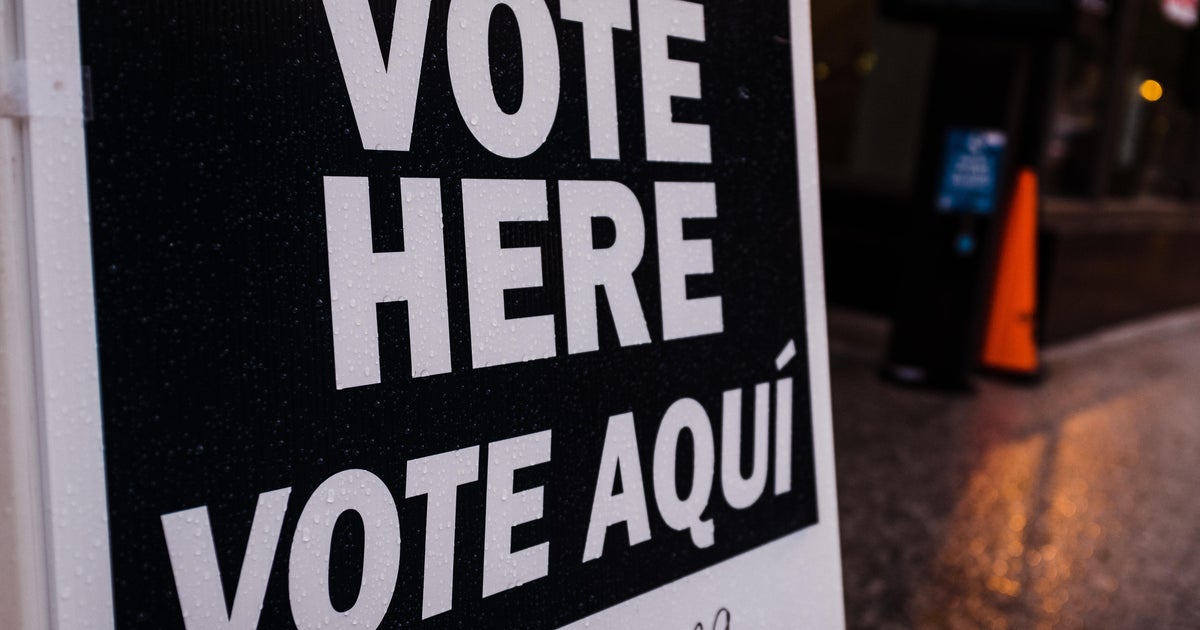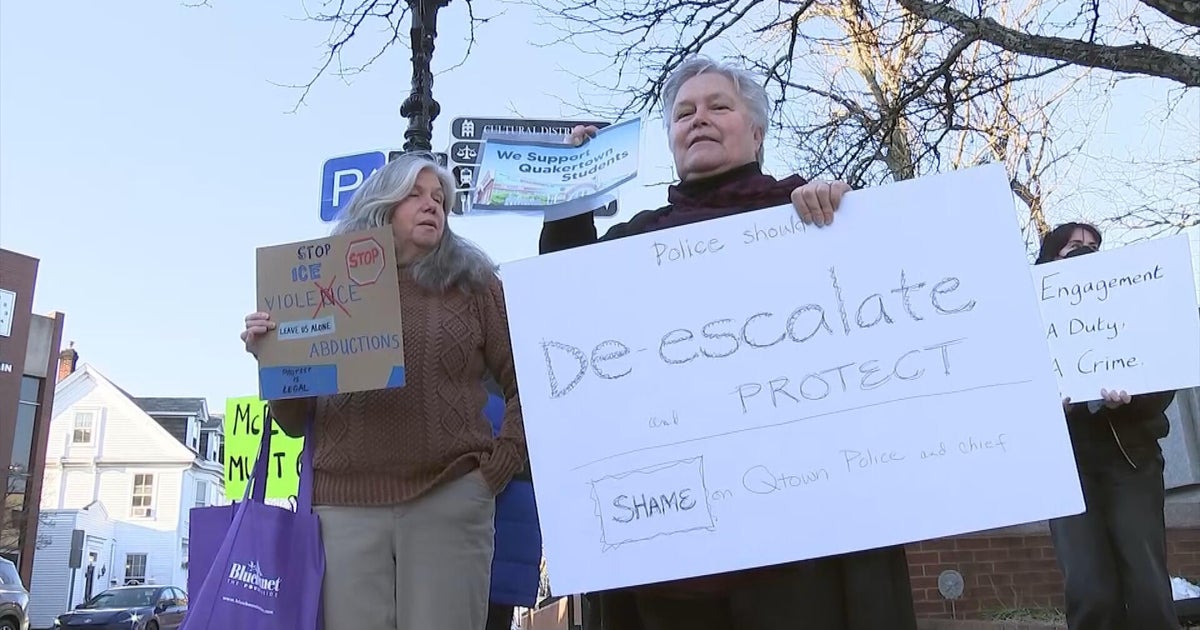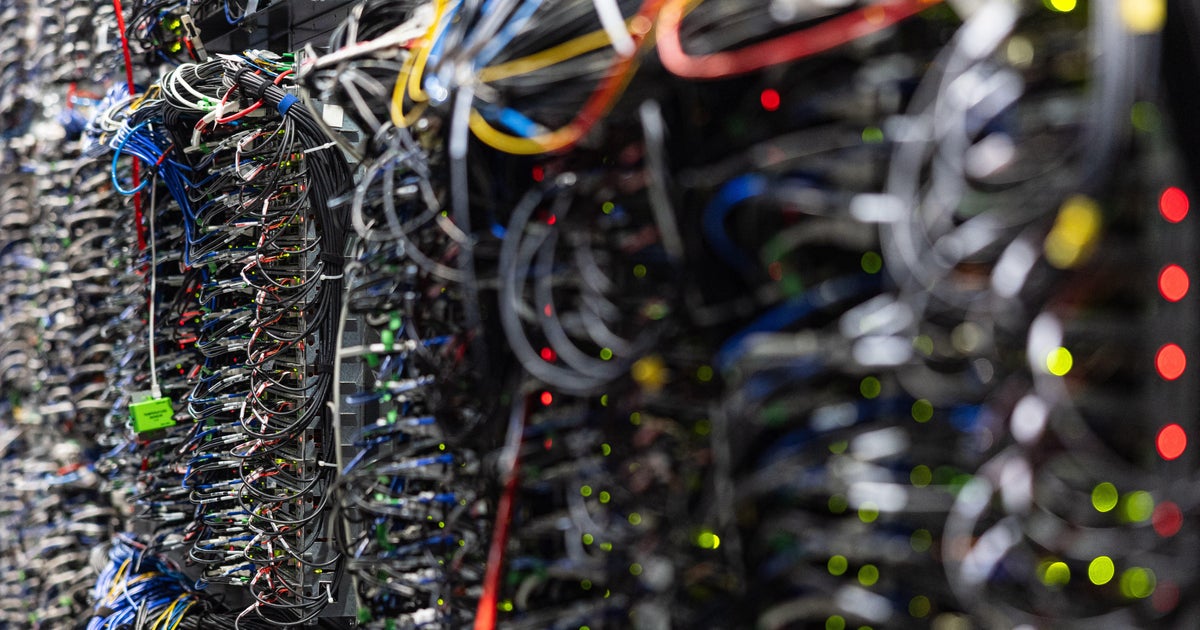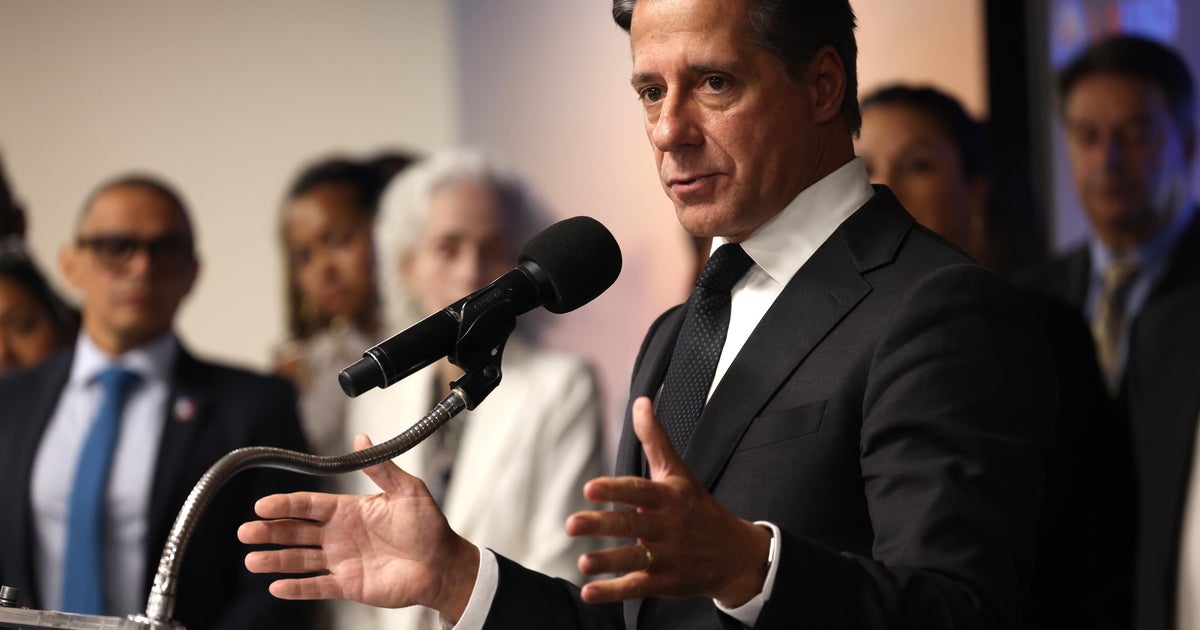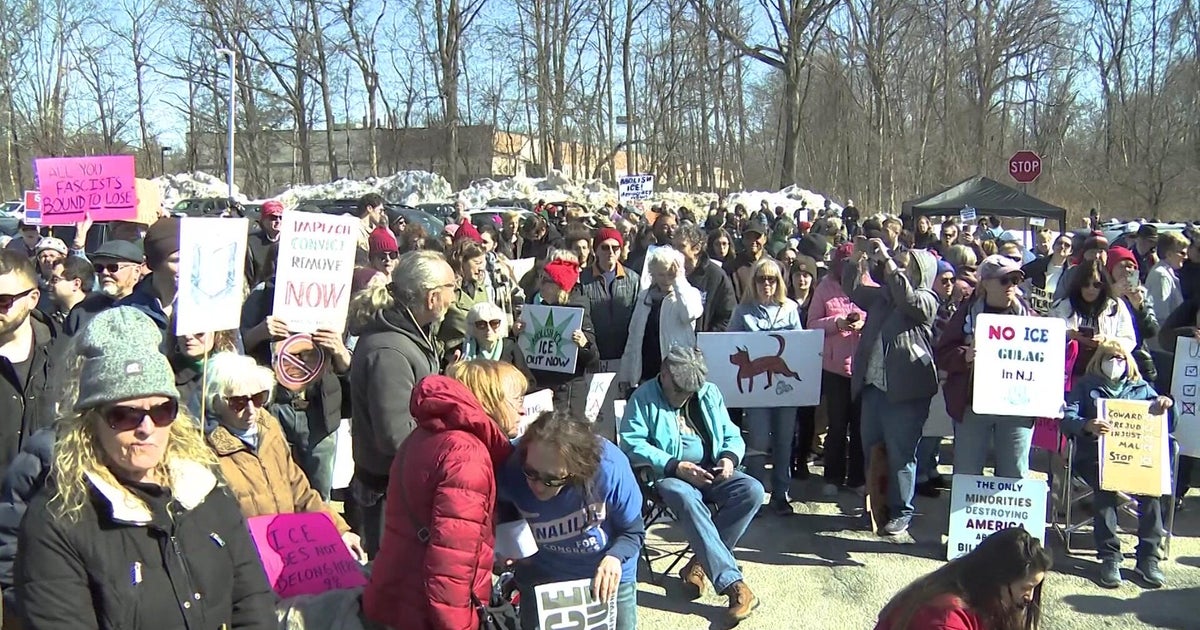Political 'Jiu-Jitsu' Lights Up Amendment 1 Fight
Follow CBSMIAMI.COM: Facebook | Twitter
TALLAHASSEE (CBSMiami/NSF) -- Solar-energy supporters fighting a proposed constitutional amendment on the November ballot expressed outrage Wednesday after a policy director for a Tallahassee-based think tank was caught on tape discussing utility-industry efforts to deceive voters.
Pro-solar groups, in a mid-day conference call with reporters, said the leaked audio tape confirms their suspicion that the ballot proposal --- known as Amendment 1 --- is a multimillion-dollar deception that will hinder the future of alternative energy in Florida.
"Amendment 1 is a con job and scam perpetuated on Florida voters," said Stephen Smith, executive director of the Southern Alliance for Clean Energy. "And we just have to get that word out."
The Miami Herald first reported on the audio tape, in which James Madison Institute Vice President of Policy Sal Nuzzo described how to use a "little bit of political jiu-jitsu" by promoting solar to win support for desired changes in policy. His comments came while speaking Oct. 2 at the "Energy/Environment Leadership Summit" in Nashville, Tenn.
"The point I would make, maybe the takeaway, is as you guys look at policy in your state or constitutional ballot initiatives in your state, remember this: Solar polls very well," Nuzzo said on the tape, which has been posted online.
But the group Consumers for Smart Solar, which has led efforts to pass the proposed constitutional amendment on the Nov. 8 ballot, said the James Madison Institute wasn't involved in planning or drafting the proposal.
Meanwhile, the James Madison Institute said Nuzzo misspoke about the conservative think tank having any role with Consumers for Smart Solar. The institute supports the initiative, which it says would provide consumer protection.
Sarah Bascom, representing Consumers for Smart Solar, said in a statement that the institute doesn't speak for Consumers for Smart Solar and that Nuzzo's comments about Amendment 1 are "simply not true."
"Consumers for Smart Solar has no knowledge of what JMI is claiming," Bascom said in the statement. "Nobody from JMI either participated in or was asked to participate in the planning or drafting of our amendment or campaign efforts, nor do we know the person who made these comments."
James Madison Institute President and CEO Bob McClure sent out a separate statement that Nuzzo "generalized his commentary and misspoke" before an unfamiliar national audience.
During the address, Nuzzo also discussed another proposed constitutional amendment, which was backed by the pro-solar groups that are fighting Amendment 1. That proposed amendment did not reach the November ballot.
"The Institute does have strong opinions about both amendments, which were expressed in this recording --- ones that we would repeat all over again if given the opportunity," McClure said in his statement. "We are supported by thousands of individuals and foundations across the state and nation who believe in our mission, but no one guides our policy positions except our sanctioned policy experts and the facts at hand. Our 30 years of independent research bears this out."
McClure also said "JMI has played no role in their (Consumers for Smart Solar's) efforts."
The free-market think tank has ties with Gulf Power, one of four major utilities helping financially back the ballot initiative. Stan Connally, CEO of the Pensacola-based company, is a member of the James Madison Institute Board of Directors. Also, Allan Bense, the institute's board chairman, is a member of Gulf Power's Board of Directors.
More than three-quarters of the $21 million raised by Consumers for Smart Solar has come from the four utilities. Florida Power & Light has directed $5.5 million to the amendment. Duke Energy has contributed $5.7 million, Tampa Electric Co. has provided $3 million, and Gulf Power has given $2.1 million.
The Consumers for Smart Solar amendment would enshrine in the Florida Constitution existing rules regarding the use of solar energy by private property owners.
The proposal also includes a more contentious provision, which states that those who haven't installed solar on their property "are not required to subsidize the costs of backup power and electric grid access to those who do."
Proponents say the second provision provides consumer protections for people who don't install solar panels. Opponent say it could result in "discriminatory charges" against rooftop solar users and limit the desire of people to go solar.
Opponents of Amendment 1 said Nuzzo's comments are proof the Consumers for Smart Solar proposal wasn't as forthright as the initiative's proponents insist.
"The guy that was on the tape clearly identifies, he is bragging, as if they have already won this amendment, and they want this spread to other states," Smith said.
The Consumers for Smart Solar amendment was introduced last year after the group Floridians for Solar Choice, backed by the Southern Alliance for Clean Energy, launched a petition drive for a ballot initiative that sought to increase the use of solar power. The Floridians for Solar Choice initiative, which failed to get on the ballot, sought to ease regulations and allow businesses to generate and sell up to two megawatts of solar power to customers on the same or neighboring properties.
(The News Service of Florida's Jim Turner contributed to this report.)

